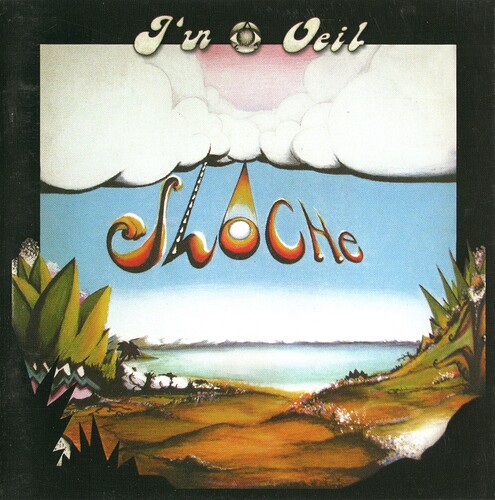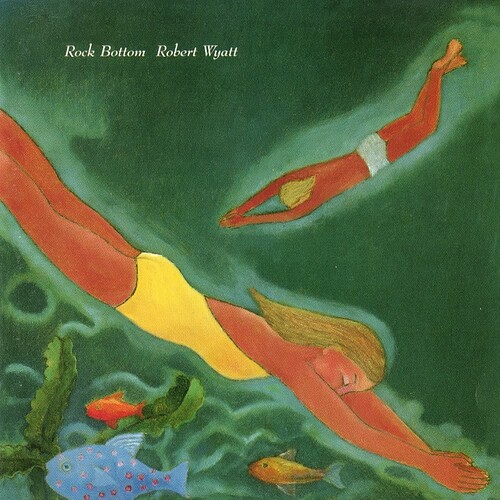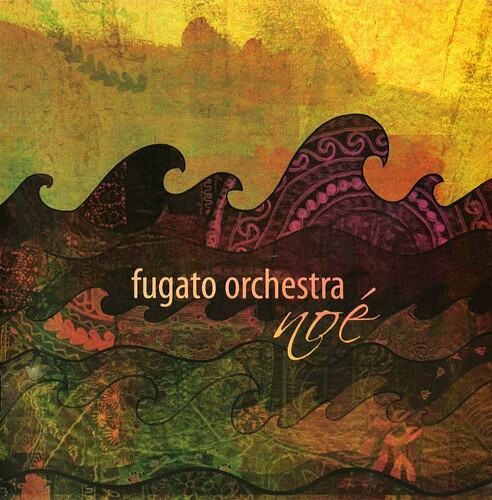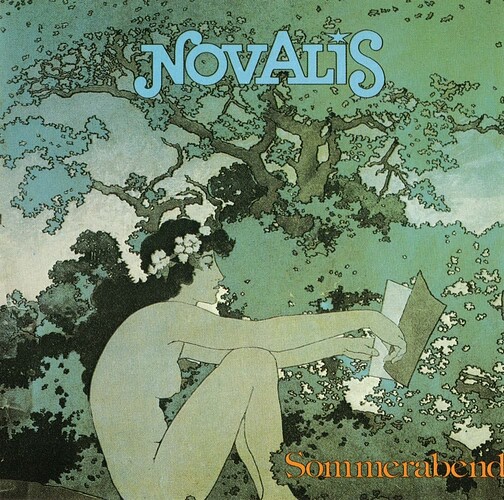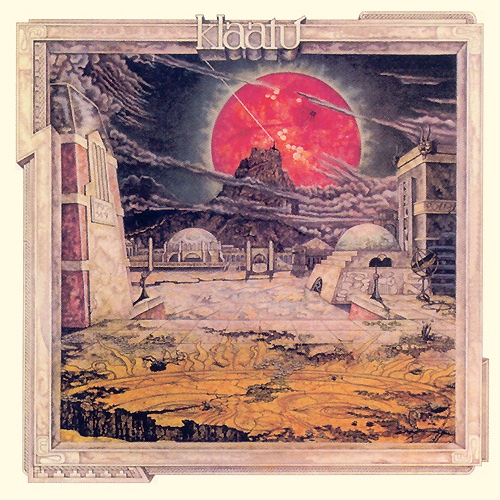Yezda Urfa - Sacred Baboon (1989)
Eclectic Prog
Let’s take Yes and Gentle Giant, have them drop some acid and take some speed. This one is probably not for the faint of heart. They rip through countless musical ideas at a breakneck pace. The rhythm section is almost manic. But, just as the furious onslaught of notes becomes fatiguing, they’ll shift into a beautiful, delicate passage before they twist into another direction. All of it is drenched with oodles of counterpoint that affirms how intentionally each piece is composed. In spite of this intensity, there’s times when I just have to laugh out loud. There’s no doubting their musical chops but the absurdity is all delivered with a good sense of humor. There’s nothing quite like this album and I highly recommend it to anyone looking for something a little more challenging.
The sonics are enjoyable. It’s raw and the recording is very dry. Any attempt to make this more lush would have resulted in mud. There are just too many notes flying around and the stark recording helps retain adequate clarity between the instruments.
Here’s Grok’s take. I’m really pleased he echoed my comparison to Yes and Gentle Giant.
Sacred Baboon by Yezda Urfa is a delightful album that showcases the band’s incredible talent and unique sound. The album features a blend of intricate melodies, complex harmonies, and tight musicianship that is reminiscent of progressive rock giants like Yes and Gentle Giant.
The album’s opening track, “Give 'Em Some Rawhide Chewies,” sets the tone with its funky guitar riff and Anderson-esque vocal melodies. The album takes a significant upturn with “Cancer of the Band,” which features intricate instrumental parts that pop up in between the vocal sections. The main theme is simple and pleasant enough to whistle along to, but it’s the weird and catchy interlude that truly stands out.
The band’s ability to seamlessly blend their influences while still creating something fresh and unique is truly impressive. The lead vocals and melodies are clearly influenced by Yes’ John Anderson, but the bizarre vocal harmony sections and air-tight angular shifts in mood all laced over that peculiar dissonant, contrapunctual, poly-rhythmic rock that I thought only Gentle Giant could do… well, Yezda Urfa have it down pat.
The musicianship on display is top-notch, with keyboardist/flautist/mandolin player Phil Kimbrough and bassist/cellist/vibraphonist Marc Miller proving they have the talent to be giants in this field. Sacred Baboon is a must-listen for fans of progressive rock, and it’s an album that will surely stand the test of time.

